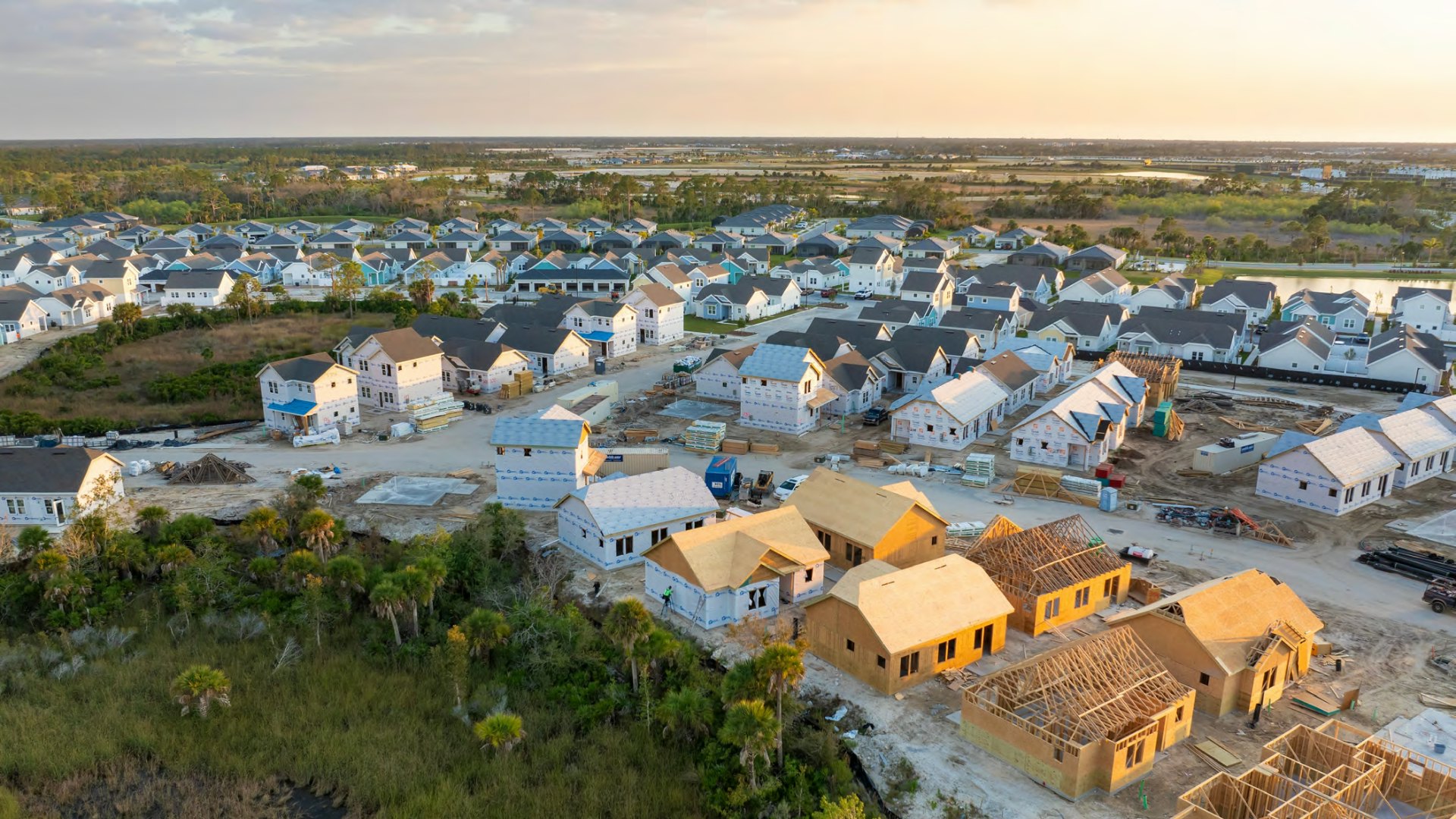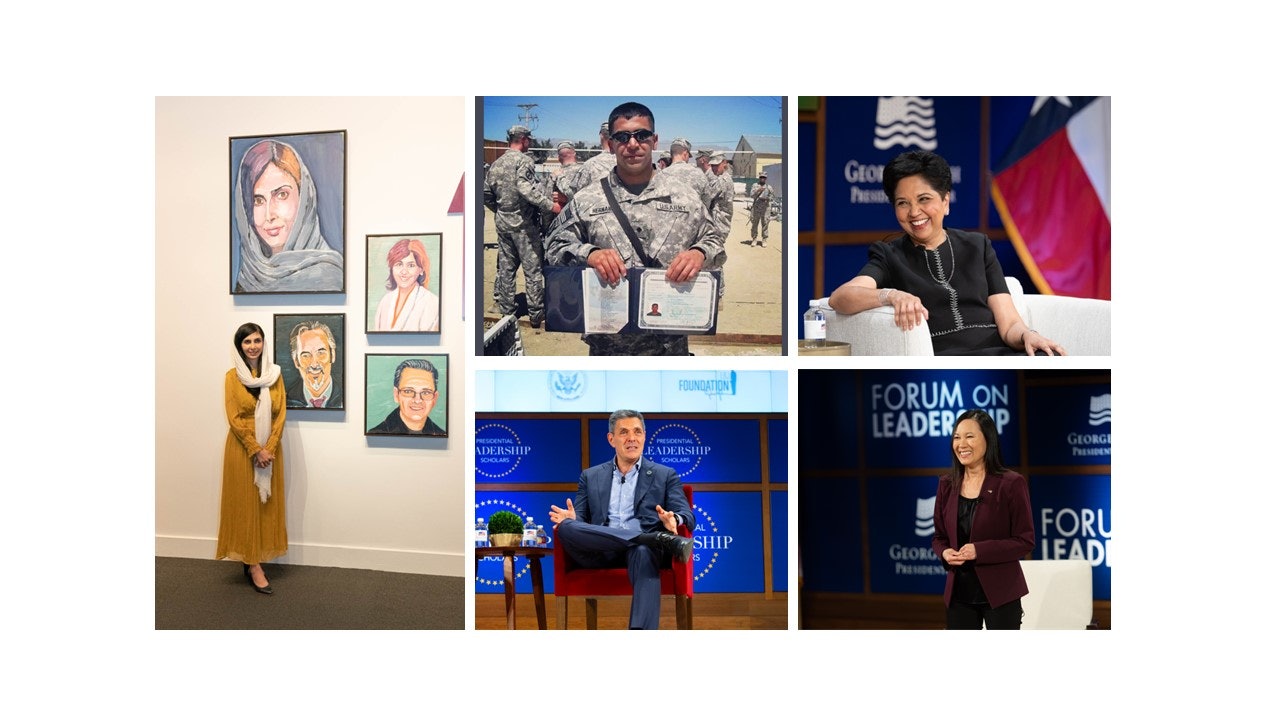Discussion highlights new Bush Institute report addressing economic growth in the region
DALLAS, TEXAS— This week, the George W. Bush Institute’s Central America Prosperity Project (CAPP) hosted a virtual conversation with Congressmen Will Hurd and Henry Cuellar to discuss the need for continued U.S. support and investment in Honduras, Guatemala, and El Salvador. In the wake of COVID-19, millions in the area remain disconnected and digital connectivity is imperative to the region’s economic recovery. The full conversation can be viewed here: https://youtu.be/IPhJsA_O_Sw
“We are seeing people from all over the world, they are coming in through Central America, Mexico, and coming to the US,” said Cuellar during the conversation. “We can work with them and they want to work with us, but we just are not spending the time and the resources where it’ll benefit them for their security and it will benefit us for our security.”
“We need to address the root causes, which is violence and lack of economic opportunity in some of our partners and allies in Central America,” said Hurd during the conversation. “And how do we do that? We should be putting resources toward that problem.”
In conjunction with the discussion, the Bush Institute released a new report, A Digital Strategy For Competitiveness and Integration In The Northern Triangle, outlining five recommendations to drive forward a digital strategy designed to benefit all governments, citizens, and economies in the Northern Triangle. The region has taken important steps to achieve digital policy goals, but more action and regional coordination are needed to catch up with the rest of the world.
A Digital Strategy For Competitiveness and Integration In The Northern Triangle urges the governments to work together to overcome setbacks from COVID-19 and put the region on a solid path to recovery and growth. It also outlines how the U.S. government can continue to support a digital evolution across the region in ways that constitute a logical extension to previous U.S. assistance programs.
“Digitization holds the key to putting the Northern Triangle on the right footing to recover and thrive in the world after COVID-19,” said Bush Institute-SMU Economic Growth Initiative Managing Director Matthew Rooney. “The U.S. is also an important supporting player, and, we believe, digitizing the region will play a strong role in reducing migration to the U.S., improve the quality of life for citizens in the region, and ensure the region’s businesses thrive.”
Digitization offers cross-cutting benefits, including opportunities to curtail corruption, increase trust in government among the region’s citizens, improve access to critical social services in education and health, enable the region’s businesses to access new customers, create jobs, tap investment opportunities, and successfully compete in the global economy. The report calls on governments to work with civil society and the private sector to advance modern national digital strategies as a region.
In 2018, the Bush Institute launched the CAPP program to develop action-oriented strategies for achieving inclusive growth in the Northern Triangle. The program brings together experienced Central American leaders with the emerging generations of leaders for a series of focused discussions on the efforts the region has made over the past two decades, particularly in the context of the Central America Free Trade Agreement (CAFTA), to find a path to sustained economic growth.
In May 2019, CAPP released an initial paper calling on the governments in the Northern Triangle to develop and implement a national and regional digitization strategy. That report, and the Bush Institute’s CAPP partners, prompted the Honduran government to pass legislation accelerating implementation of the country’s National Broadband Plan.
For more information on the Central America Prosperity Project, please visit www.bushcenter.org/economicgrowth.
###
About the George W. Bush Institute
Housed within the George W. Bush Presidential Center, the George W. Bush Institute is an action-oriented, nonpartisan policy organization with the mission of developing leaders, advancing policy, and taking action to solve today’s most pressing challenges. Through three Impact Centers – Domestic Excellence, Global Leadership, and an Engagement Agenda – the Bush Institute delivers measurable results that save and improve lives. To learn more, visit http://www.bushcenter.org.





























